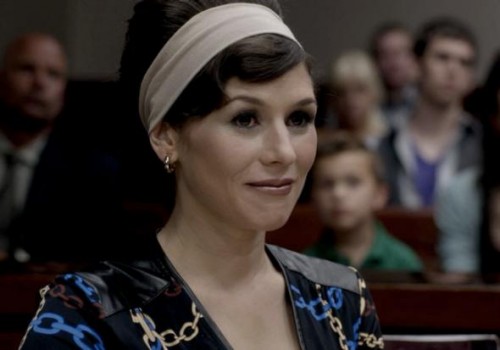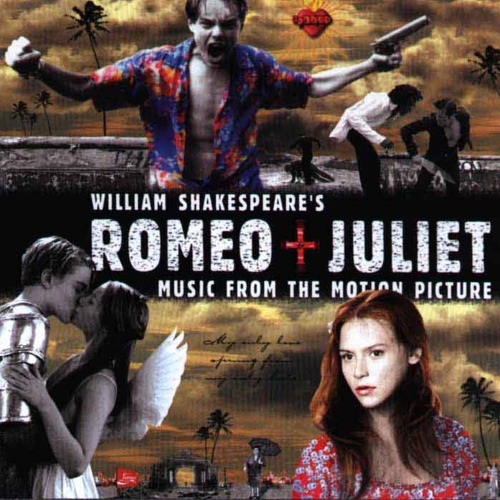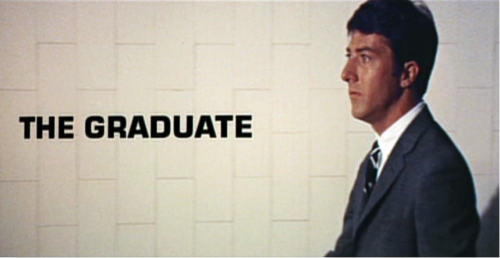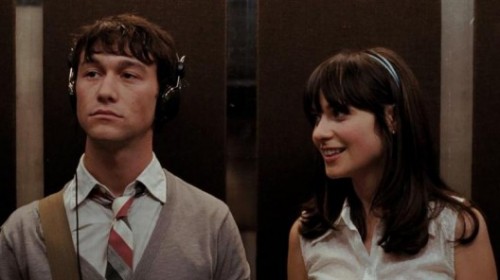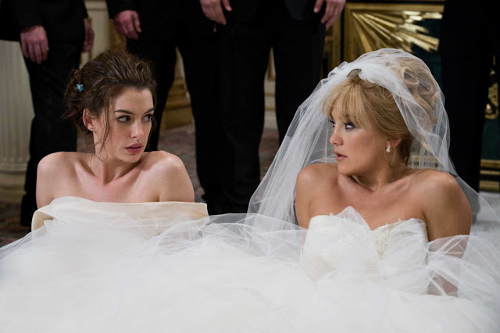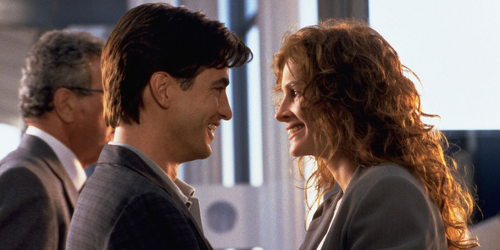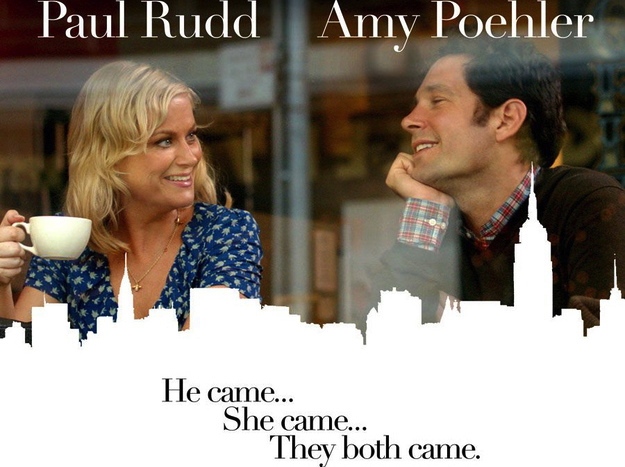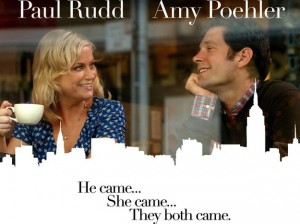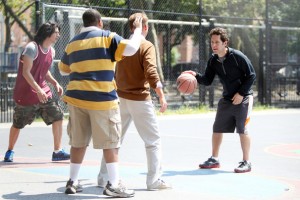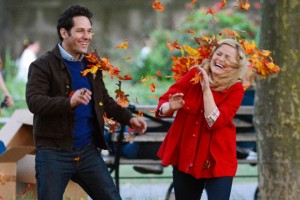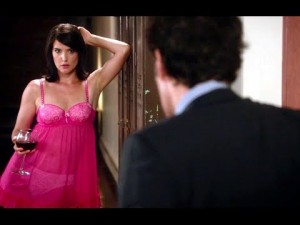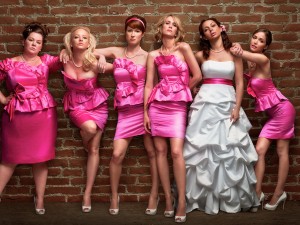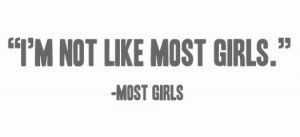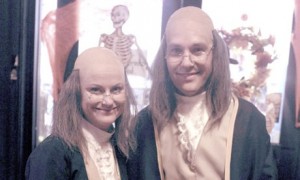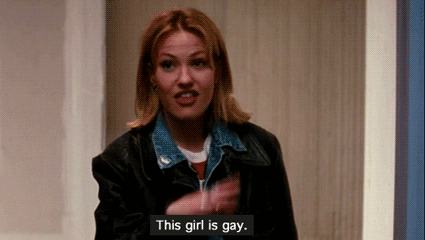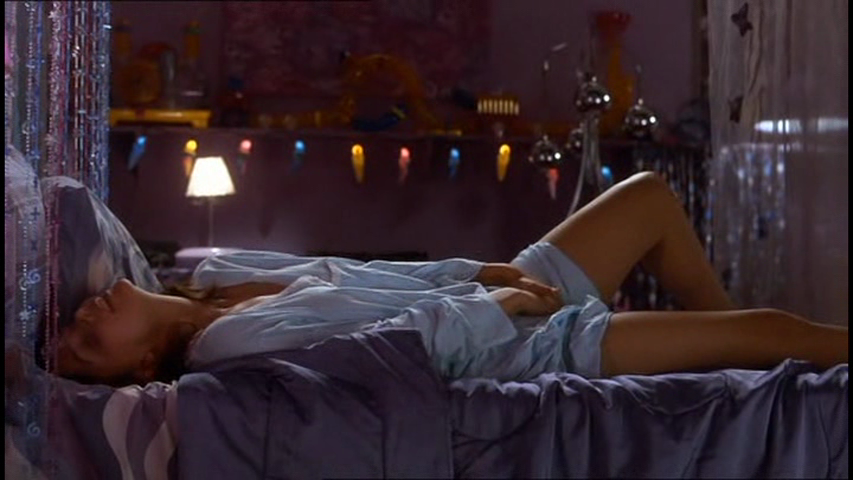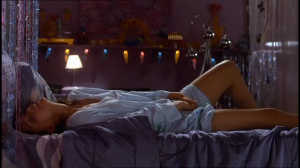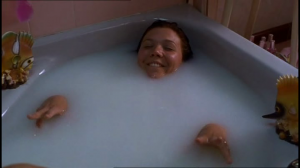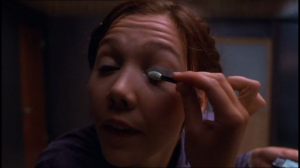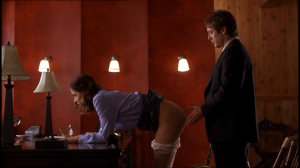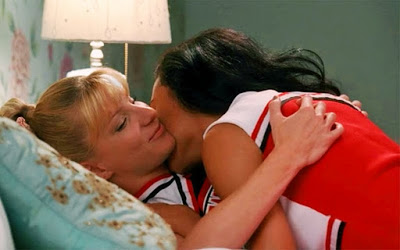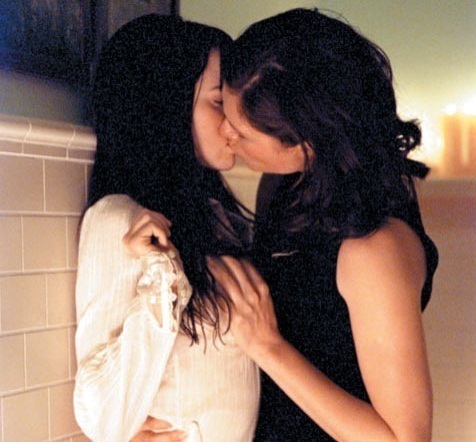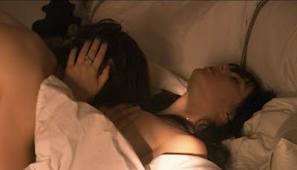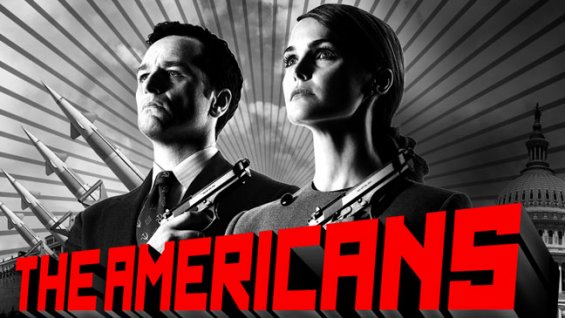
If you’ve seen an ad or trailer for The One I Love, you probably still don’t know much about it. After watching a trailer you’d think it’s a movie about a couple going in and out of doors. All of film’s advertising hinted at, but never revealed the Charlie Kaufman-esque twist at the heart of its story, telling intrigued audiences only that an amazing twist existed and that critics agreed it would spoil the film to reveal it.
Which is pretty odd, because the twist in question takes place only 20 minutes in. Right off the bat I should probably tell you I’m going to spoil this movie, mostly because I want to talk about it.
The One I Love, Charlie McDowell’s directorial debut, is a very small film on paper. The vast majority of the thing takes between lead actors Elisabeth Moss of Mad Men and Top of the Lake, and Mark Duplass (The League, Safety Not Guaranteed), who play Sophie and Ethan, a couple on the brink of divorce. Sophie is still reeling from the news of Ethan’s infidelity and for his part, Ethan is frustrated by his inability to recreate the romantic gestures that used to come so naturally. As Ted Danson, who steps in for about five minutes to play the couple’s marriage counselor, tells them, they are no longer in harmony. His prescription? A weekend at his idyllic country estate, supposedly to rekindle their romance.

McDowell and writer Justin Lader use this familiar set-up to lull viewers into false sense of comfort. It all seems on track to be another feel-good Hollywood fluff-fest in the tradition of Hope Springs and Couples Retreat.
And it is, but only for a short while. On the first night, Sophie and Ethan make dinner together, get high, have sex in the guesthouse, and rediscover the playful spontaneity of their earlier relationship. They seem to be back in sync, until Sophie returns to the main house and discovers Ethan remembers nothing about their night together. The next morning, Ethan wakes to find Sophie happily preparing his breakfast with no awareness of the previous night’s fight. He knows something truly strange is going on when he realizes the breakfast she’s made includes bacon (“You hate it when I eat bacon,” he accuses).
These strange confusions keep piling up until Sophie and Ethan realize that when one of them enters the guesthouse alone, they encounter a doppelgänger of their partner. It seems like an outrageous and complicated twist, but the gradual revelation, skilled direction and comedic dancing around the conclusion make it appear strangely natural.
Sophie and Ethan’s doppelgängers are not exact copies but idealized version of the couple. They each represent the fantasy each person has of their partner and what they have been missing. Fake Ethan is playful and athletic and wears contacts instead of the glasses Sophie hates. He’s sensitive. He likes to goof around and play little games and enjoys Sophie’s idiosyncrasies. Most importantly, he would never dream of cheating on her and even apologizes for Ethan’s cheating in a way that melts Sophie’s heart.
Fake Sophie is clearly inspired by Ethan’s attraction to 50s housewives. She rises early to cook him a full and very greasy breakfast, as she is clad in satin and lace and chirps at him with perpetual enthusiasm. However, Ethan never displays any sexual interest towards this version of Sophie, preventing her from being a fetishistic sex robot. Instead, it is Sophie who is tempted by Fake Ethan and displays both sexual and romantic attraction toward him. A love triangle quickly develops between Sophie and the two Ethans, with Fake Sophie swept off to the sidelines as a mere distraction.

Both actors portray two physically identical versions of their characters who seem completely different just based on their voices, facial expression and small differences in hairstyle. Through Moss gives a particularly impressive performance, softening her voice and giving flirtatious looks as Fake Sophie, she isn’t given nearly as much opportunity to shine as Duplass. Moss is able to hint at hidden depths in both her characters, transforming them from mere hero and villain to three dimensional characters.
For his part, Duplass is great, highlighting the difference between schlubby real Ethan and cunning Fake Ethan just by adding or removing his glasses, mussing up his hair and subtly contorting his face. Sophie quickly falls in love with Fake Ethan and it’s easy to see why. He gives her the understanding she craves, allows romantic moments to unfold without contrivance and tells her exactly what she wants to hear about Ethan’s reasons for being unfaithful. It’s clear that the gulf between the man Sophie wants him to be and the man really he is ever widening. More and more, Fake Ethan seems like the man she should be with. Especially as the real Ethan spies on their time together, after agreeing to give her her privacy and pretending to be Fake Ethan to seduce her, a betrayal which makes Sophie feel violated.
As the conflict worsens, the film focuses on Ethan’s point of view, shifting away from the original marital conflict and into a more standard love triangle plot, only with Ethan competing against himself for his wife’s affection.

As Ethan and Sophie’s relationship weakens, the doppelgängers get stronger and are allowed more free movement, eventually leaving the guesthouse and acquiring cell phones. The whole thing is turned upside down midway through when the real couple are confronted by their doubles and the most awkward double date in history ensues.
Interestingly, the doppelgängers appear to be actual people with their own concerns and lives, which do not revolve around Ethan and Sophie. Like real Ethan, Fake Sophie feels she is losing the love of her life to another and her point of view is given just enough space in the film to be tantalizing.

This is where I felt the film went off the rails.
I breathed a sign of relief early on when the film appeared to abandon the always unsatisfying path of trying to explain the supernatural element. Unfortunately the last third of the film stumbles around through establishing a mythology. Here, filmmakers appear to have grown bored with exploring Sophie and Ethan’s crippled marriage; instead The One I Love becomes full-on science fiction and a creeping sense of dread falls over the proceedings, though the film never commits to making the situation seem truly dangerous instead of goofy dangerous. An explanation for the magic of the guesthouse is hastily introduced, leaving more questions than it answers, as well as a frustrating amount of plot holes. Based on the care put into making the doubles feel natural, I didn’t feel the film needed any sort of explanation. Indeed, it stripes away the naturalness from Ethan and Sophie’s conversations, forcing them into repetitive arguments.

The last few minutes are particularly unsatisfying and confusing, giving us a variation of the cliche “shoot her!” “no, shoot her!” from most doppelgänger stories.
Overall, the film’s eventual shift to toward sci-fi dilutes the message it intends to convey. Rather than ending on the relationship and our concerns of whether harmony has been restored, viewers are left questioning one last sci-fi twist that seems plucked from an entirely different movie. In the end, the film doesn’t deliver on the message its premise implies: that we must come to terms with the flaws in our partners and learn that if they were perfect, they would be a stranger to us. But I’m not sure if the long strange trip of the film wasn’t all the better for subverting this expectation.
After watching the film it’s amusing to see how slyly the film’s promotion alluded to the twist. The film’s poster shows Sophie and Ethan half submerged in water, so their reflection take up half the available space. And official summaries for the film describe the purpose of the retreat as an attempt to “discover their better selves.”
While the ending got quite muddled, the story was full of twists and turns and glided smoothly from plot shift to plot shift. Moss and Duplass deliver captivating performances as both Sophie and Ethan and their mirror images, complementing each other perfectly. It is a joy to watch them deftly portray subtle changes in personality and opinion.
They are aided by a creative script and skilled direction, which dare the viewer to think (perhaps uncomfortably) about their own relationships and the self they present to the world.
Where the film missteps, with its attempt to explain where the doppelgängers come from, could have been avoided with a lesson from Sophie. After discovering their doubles, she suggests it’s just a magic trick–the best experience comes from enjoying the mystery.
__________________________________________________________________
Elizabeth Kiy is a Canadian writer and journalist living in Toronto, Ontario.

